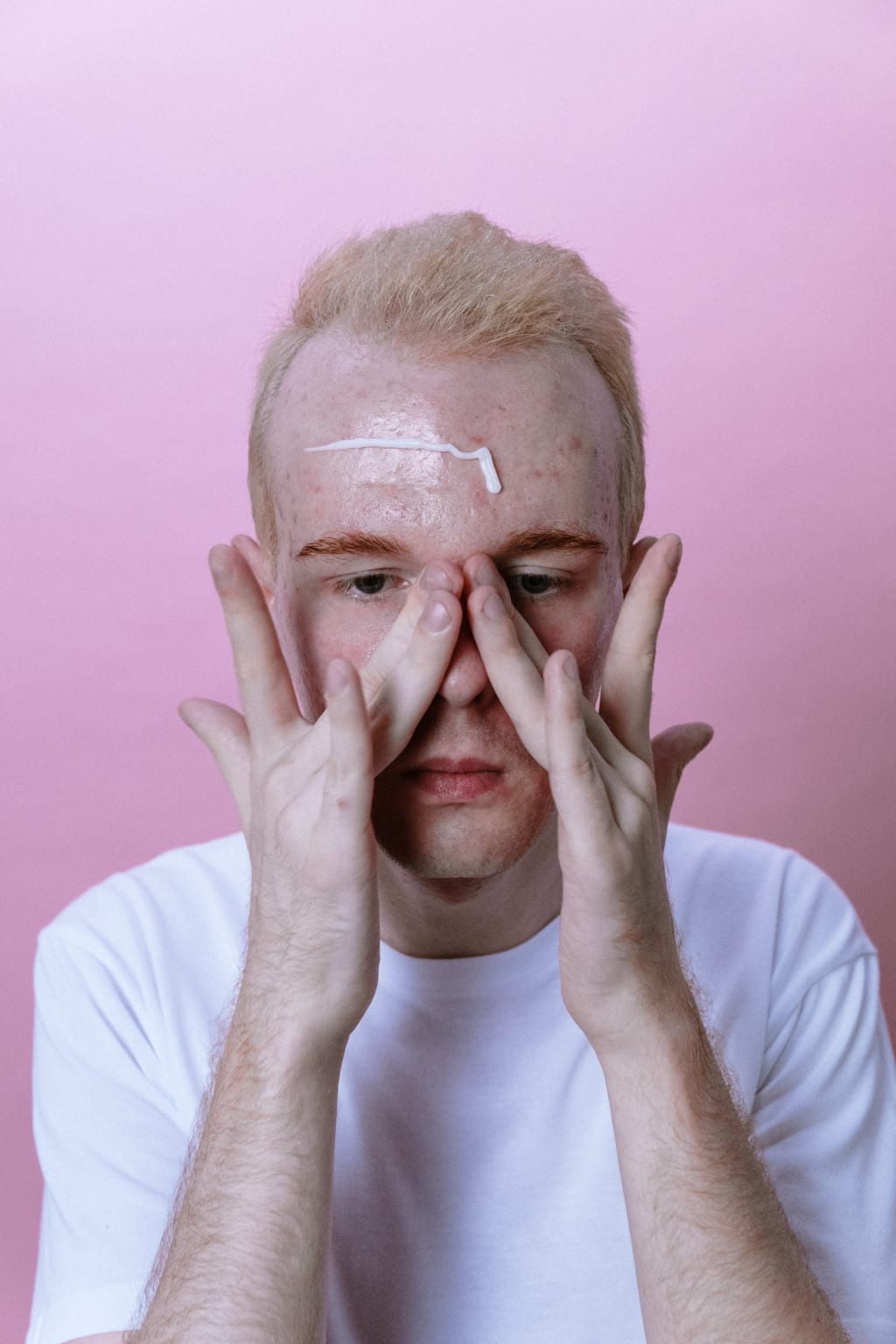
Aging is a human characteristic which becomes clear and follows various directions in various organs, tissues, and cells with time. While the maturing indications of inward organs are veiled from the surrounding "eyes," the skin gives first clear characteristics of the progressing time.
Sun exposure can cause aging primarily through the damaging effects of ultraviolet (UV) radiation. Here's how and why it happens:
- Ultraviolet rays: UVA and UVB beams are two types of radiation that the sun emits. These beams reach our skin after entering the climate of the world. UVB radiates are liable for sun related consumption, while UVA radiates enter further into the skin. Right when these bars penetrate the skin, they can clearly help out particles inside the skin cells, causing the formation of responsive oxygen species (ROS). ROS are significantly responsive particles that can cause oxidative tension, provoking mischief to cell structures.
- Formation of reactive oxygen species (ROS): Receptive oxygen species (ROS) can be produced within skin cells when UV light enters the skin. ROS are extremely receptive atoms that have the potential to harm DNA, proteins, and lipids in cell structures. UV radiation can produce ROS that can attack and harm DNA, proteins, lipids, and other components of skin cells. This oxidative strain upsets the conventional working of cells and cripples their ability to fix and recuperate.
- DNA Mutations and Damage: By causing DNA lesions like thymine dimers, which are abnormal connections between adjacent DNA bases, UV radiation can directly harm the DNA in skin cells. DNA mutations, which can contribute to premature aging and an increased risk of skin cancer, can result from accumulated DNA damage, which can interfere with the processes of DNA replication and repair. These DNA blemishes have the potential to result in genetic code mutations, compromising the normal function of cells and possibly contributing to aging, if they are not repaired appropriately.
- Collagen and Flexible Fiber Debasement: The protein “Collagen” gives the skin its structure and elasticity. UV light has the potential to accelerate the skin's breakdown of collagen fibers and on exposure to this light, the skin's collagen fibers are broken down by enzymes called matrix metalloproteinases (MMPs). This causes the skin to lose its elasticity, resulting in sagging, wrinkles, and an aging appearance. Additionally, the versatile filaments in the skin, liable for keeping up with its adaptability and flexibility, can be harmed by UV radiation. The breakdown of these fibers contributes to the appearance of leathery texture, wrinkles, and fine lines.
- Production of melanin and uneven pigmentation: Our skin produces more melanin—the pigment that causes tan—when exposed to UV light. Melanin acts as a natural sunscreen by absorbing and dispersing UV rays. This is the skin's natural defense against further damage, which is why people get a tan after being in the sun. However, prolonged or excessive sun exposure can result in an uneven distribution of melanin, which causes age spots or sunspots, which contribute to the appearance of aging.
- Inflammation: The skin's inflammatory response is sparked by UV radiation. Chronic inflammation can speed up aging by contributing to the breakdown of collagen and elastin fibers.
It is essential to keep in mind that the effects of sun exposure on aging build up over time. Without adequate protection, prolonged and repeated exposure to UV light can cause more serious damage and accelerate aging. To avoid sun-induced aging and lower the risk of skin cancer, it is essential to take sun protection measures such as wearing sunscreen, protective clothing, hats, and sunglasses, seeking shade, and avoiding sun exposure during peak hours.
Other things to prevent aging include:
- Stop smoking if you do. Skin aging is greatly accelerated by smoking. It results in wrinkles and a pale, lifeless complexion.
- Eat a well-balanced, healthy diet. A few studies have shown that eating a lot of fresh fruits and vegetables may help prevent damage that causes the skin to age prematurely. A diet high in sugar or other refined carbohydrates may also contribute to an earlier onset of aging, according to research studies.
- Reduce alcohol intake. Alcohol causes skin irritation. It damages the skin over time and dehydrates it. As a result, we may appear older.
- The majority of the week, exercise. A few studies have shown that moderate exercise can boost the immune system and improve circulation. As a result, the skin might appear more youthful.
- Give your skin a gentle scrub. Your skin may become irritated if you scrub it clean. Bothering your skin speeds up skin maturing. Without causing irritation to your skin, gentle washing assists in the removal of pollutants, makeup, and other substances.
- Avoid making the same face over and over. The underlying muscles are contracted when you make an expression on your face. These lines become permanent if you contract the same muscles over and over again for a long time. Squinting-induced lines can be reduced by wearing sunglasses.
- Stop using products for skin care that sting or burn. At the point when your skin consumes or stings, it implies your skin is aggravated. Having your skin irritated can make it appear older.
Note: Dermatologists may recommend certain anti-aging products that may sting or burn. This may be acceptable when using a prescription anti-aging product. Make sure to inform your dermatologist of this.
Indeed, even individuals who as of now have indications of untimely skin maturing can profit from making way-of-life changes. You give your skin a chance to repair some of the damage by protecting it from the sun.






Comments
There are no comments for this story
Be the first to respond and start the conversation.